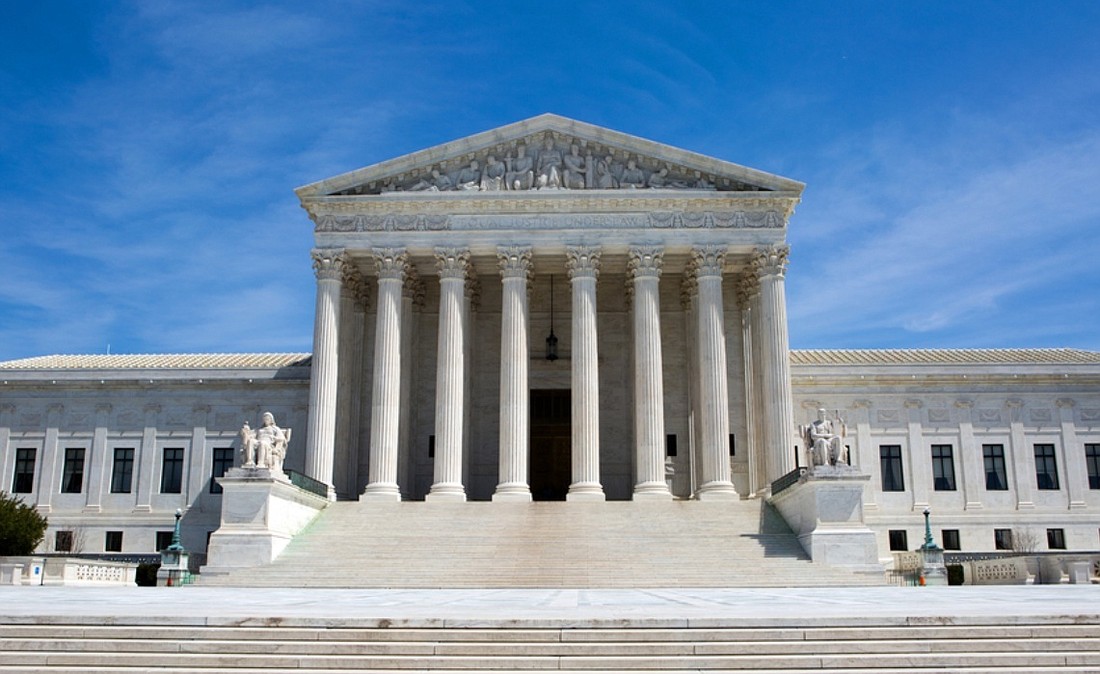- May 4, 2024
-
-
Loading

Loading

On Thursday, Aug. 26 the Supreme Court ruled by a 6-3 vote against against the Biden eviction ban, blocking the Centers for Disease Control and Prevention from enforcing the federal moratorium on evicting renters during the coronavirus pandemic.
The current eviction moratorium, which was imposed in August, was due to expire in early October, when a group of landlords spoke out against the efforts of Biden's administration and argued that the CDC had no authority to impose such a restriction on its own.
"Congress never gave the CDC the staggering amount of power it claims," the landlords argued in their filing in the Supreme Court.
The ruling comes only three weeks after Biden issued the 60-day ban, covering most of the United States, which will now end with a decision that has the potential ability to put thousands of struggling citizens out on the street.
According to Census Pulse Survey Data, about 7.4 million Americans are at risk of eviction in the coming months, about 16% of all renters.
The White House spoke out for the Biden administration in a statement saying that they were "disappointed that the Supreme Court has blocked the most recent CDC eviction moratorium while confirmed cases of the Delta variant are significant across the country. As a result of this ruling, families will face the painful impact of evictions, and communities across the country will face greater risk of exposure to COVID-19."
Some states have eviction moratoriums that will not be affected by the Supreme Court's action including California, Minnesota, New Jersey, New Mexico, New York and Washington. The District of Columbia also has a local moratorium